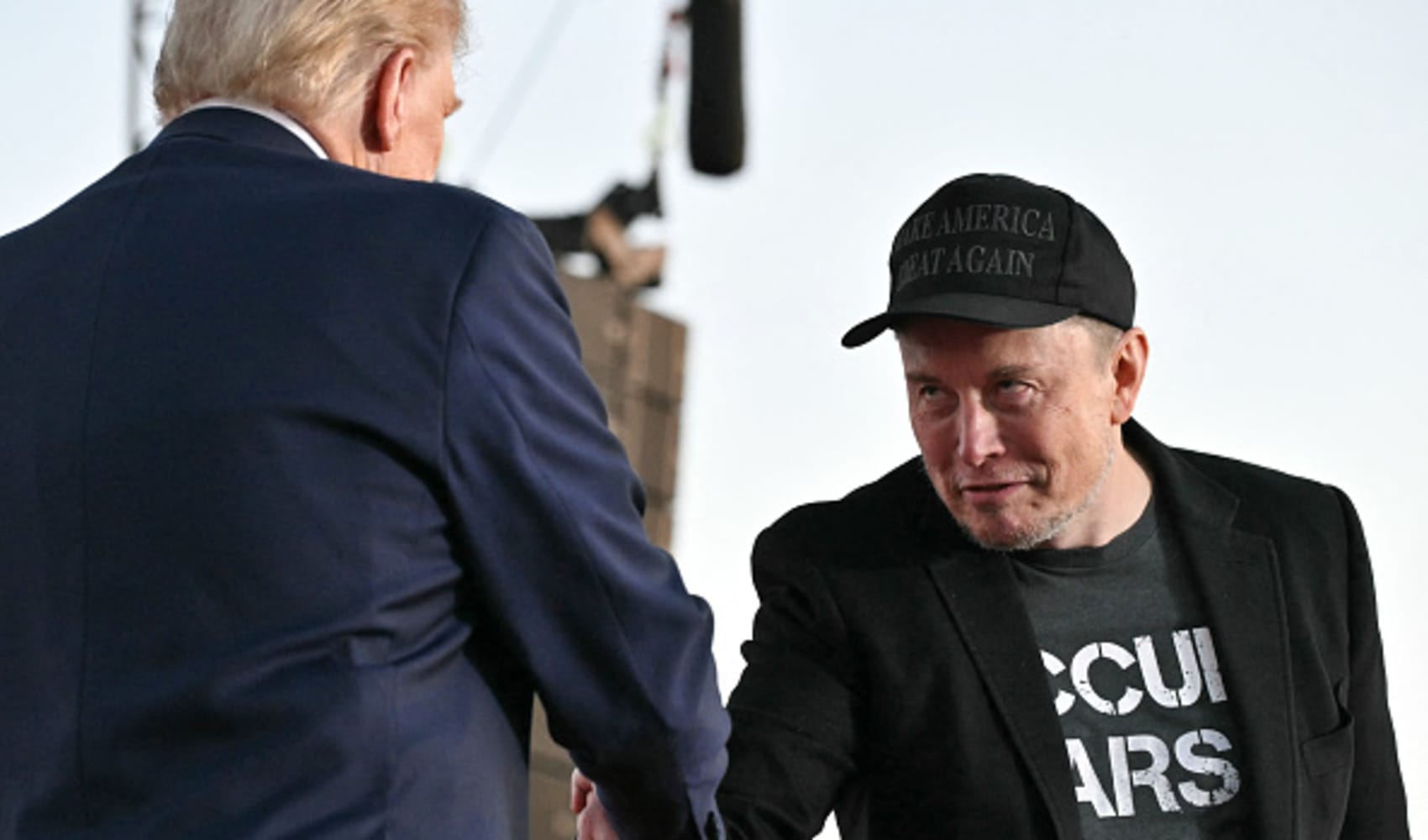
- A federal appeals court on Friday upheld the criminal contempt of Congress conviction of Trump White House senior advisor Steve Bannon.
- Bannon was convicted in connection with refusing to testify and provide documents to the House committee that investigated the Jan. 6, 2021, attack on the U.S. Capitol.
A federal appeals court on Friday unanimously upheld the criminal contempt of Congress conviction of former Trump White House senior aide Steve Bannon for refusing to testify and provide documents to the House committee that investigated the Jan. 6, 2021, attack on the U.S. Capitol.
The appeals court rejected Bannon's argument that he was not guilty because his attorney had advised him not to comply with a subpoena from the House committee.
The ruling by a three-judge panel on the U.S. Circuit Court of Appeals for the District of Columbia Circuit makes it more likely that Bannon will soon have to begin serving a sentence of four months in jail for his conviction of two counts of contempt.
An attorney for Bannon said he will now request that the full judicial panel of the D.C. Circuit hear his appeal again, which might postpone his jail term.
Bannon's lawyer David Schoen told CNBC in an email, ''The Court of Appeals panel held today that it does not have the authority to overrule the 1961 panel of the Court that issued the decision in the Licavoli case on the definition of the word 'willfull' as used in the Contempt of Congress statute. Mr. Bannon will now seek redress before the full Court of Appeals, which has the authority to overrule Licavoli.
Get Tri-state area news delivered to your inbox. Sign up for NBC New York's News Headlines newsletter.
"There are many fundamentally important constitutional issues at stake in this case," Schoen said. "Today's decision is wrong as a matter of law and it reflects a very dangerous view of the threshold for criminal liability for any defendant in our country and for future political abuses of the congressional hearing process."
Money Report
But requests like the one Bannon is planning to submit typically face very long odds of success.
Friday's decision was written by Judge Bradley Garcia, who was appointed to the D.C. Circuit appeals court last year by President Joe Biden. The other two judges on the panel were Justin Walker, who was appointed by former President Donald Trump, and Cornelia Pillard, who was appointed by former President Barack Obama.
In March, Peter Navarro, another ex-adviser to Trump, began serving a four-month federal jail sentence after the Supreme Court refused to hear an appeal of his conviction for refusing to comply with a subpoena from the Jan. 6 House committee. Pillard also was a member of the three-judge panel on the D.C. Circuit that upheld Navarro's conviction.
Bannon separately is scheduled to stand trial in state court in New York City in September on charges related to his alleged defrauding of donors who gave money to a non-profit group's purported effort to build a wall on the U.S.-Mexico border.
The judge in that case, Juan Merchan, is currently presiding over the criminal hush money trial of Trump in Manhattan Supreme Court.
Bannon was convicted of flouting the House committee subpoena after a five-day trial in U.S. District Court in Washington in 2022. He has remained free pending the outcome of his appeal.
In its 20-page ruling Friday on Bannon's case, the D.C. appeal court panel noted that in September 2021 "the House Select Committee to Investigate the January 6th Attack on the United States Capitol issued a subpoena to appellant Stephen Bannon to testify and provide documents."
"Bannon did not comply — he knew what the subpoena required but did not appear or provide a single document," the ruling said.
The law that Bannon was convicted of violating makes it a crime to "willfully" fail to respond to a congressional subpoena.
"Bannon insists that 'willfully' should be interpreted to require bad faith and argues that his noncompliance does not qualify because his lawyer advised him not to respond to the subpoena," the appeals panel wrote in its ruling.
"This court, however, has squarely held that 'willfully' in [that law] means only that the defendant deliberately and intentionally refused to comply with a congressional subpoena, and that this exact 'advice of counsel' defense is no defense at all."
The panel added, "As both this court and the Supreme Court have repeatedly explained, a contrary rule would contravene the text of the contempt statute and hamstring Congress's investigatory authority."
"Because we have no basis to depart from that binding precedent, and because none of Bannon's other challenges to his convictions have merit, we affirm," the panel wrote.
Bannon was indicted in 2020 on federal charges related to allegedly defrauding donors to the non-profit engaged in the border wall plans.
Trump in January 2021, on one of his last days in the White House, pardoned Bannon in that case before it went to trial. Three other men federally charged in the scheme were convicted at trial or pleaded guilty and sentenced to prison.
This is breaking news. Please check back for updates.






